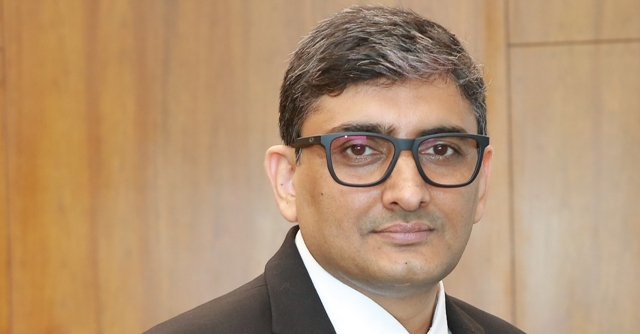
New Delhi, April 17 -- India's recent digital transformation journey has been a catalyst for economic growth. The Digital India programme run by the central government facilitates digital transformation. Digitisation has emerged as the key theme for a majority of initiatives backed by both the government and private-sector entities.
As a consequence of being a key driver of economic growth, digital infrastructure has also become vulnerable to regular cyber-attacks. In an interconnected world where almost everything (from power grids to telecommunication networks) is connected to the internet, a cyber-attack on the country's critical infrastructure might not only disrupt services to its citizens but may also harm human lives in specific scenarios The rising number of cyber-attacks on India's critical infrastructure is a reminder that cybersecurity is not limited to being internet- or computer-related issues, but a matter of national security.
Overview of threat landscape- Critical infrastructure
Attacks on India's important infrastructure have seen a rise in the past few years. In 2019, a nuclear power plant in Kudankulam, Tamil Nadu, experienced a serious cyber-attack. In 2020, Mumbai experienced a power outage during the COVID-19 pandemic due to a cyber-attack on the city's power grid, halting trains and electricity-driven operations. In 2022, there were several reports of cyber-attacks on airlines, leading telecommunication service providers, a highly regarded hospital, and flood monitoring systems across India.
Such instances point to the growing security concerns associated with the digitisation of India's infrastructure sector. As India embraces further digitisation, such cyber-attacks will increase manifold, with higher frequency and sophistication. To fully leverage digital growth and pave the way for sustainable development, securing critical infrastructure and strengthening defences against cyber-attacks are needed.
The foundation of cybersecurity to enable a secure national critical infrastructure sector
India's critical digital infrastructure serves as the nation's backbone. Hence, relying on passive defences, such as traditional firewalls and antivirus software, may prove futile. The complexity and sophistication of today's cyber-attacks require a paradigm shift from a reactive force to a proactive one, marked by real-time surveillance, guarding against, stopping, and pre-empting attacks.
In such a scenario, putting in place one national and a few dedicated state-specific Security Operations Centres (SOCs) can be helpful. Sophisticated analytics offered by SOCs make it possible to detect and mitigate threats before they can attack systems. Moreover, implementing SOCs across government services, state data centres and public cloud systems can support coordination efforts to fight against threats by working as a centralised repository of threat intelligence. SOCs, coupled with dedicated cyber command centres, will also go a long way in strengthening the security of India's defence strategy. The modern battlefield extends beyond physical borders to encompass the world of cyberspace. Any cyber-attack on India's defence forces has the scope to compromise national security. Cyber command centres will strengthen overall security by providing real-time updates about anomalies and neutralising threats swiftly.
Harnessing India's demography and technical expertise
India is home to possibly the youngest population in the world with immense technical talent, a key component of the nation's inherent strength in the fight against growing cyber threats. The tech workforce not only offers the development of innovative solutions to the problems posed by cybersecurity concerns but also plays a significant role in their implementation. Moreover, cyber research hubs can transform into the bedrock of the nation's tech talent potential. Both public and private sectors can provide support through mentorship, collaboration and investments. Creating such incubators will result in the development of cutting-edge cybersecurity technology and strategies, positioning India as a strong knowledge partner with an interest in addressing the evolving cyber threats landscape. By positioning itself as a cybersecurity leader, India can play a pivotal role in becoming a trusted partner to combat global cybersecurity concerns.
In essence, strengthening the overall security of India's critical infrastructure will have a positive impact on national security and redefine India's role as a tech leader on the global stage. By integrating advanced technologies and empowering a skilled talent pool to safeguard critical infrastructure against a growing number of cyber threats, India can transform into a powerhouse for creating a safer digital future.
Published by HT Digital Content Services with permission from TechCircle.
